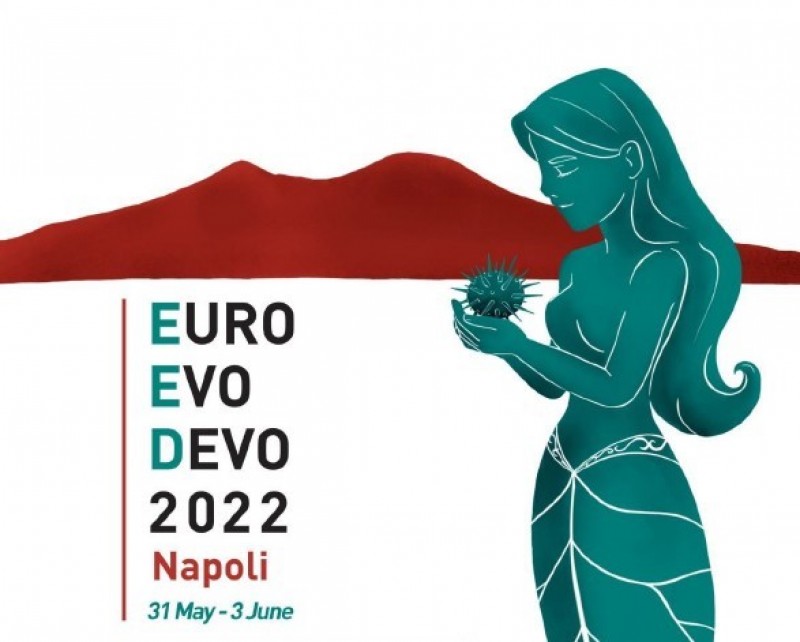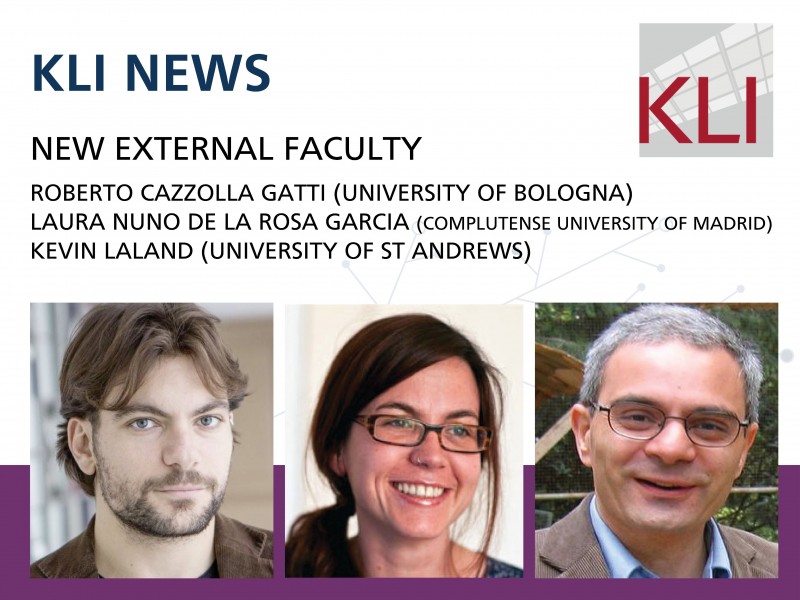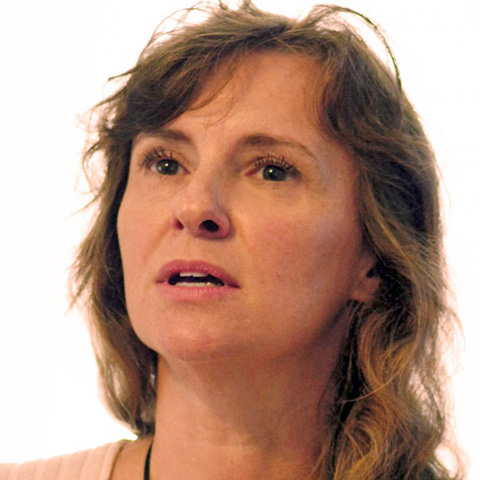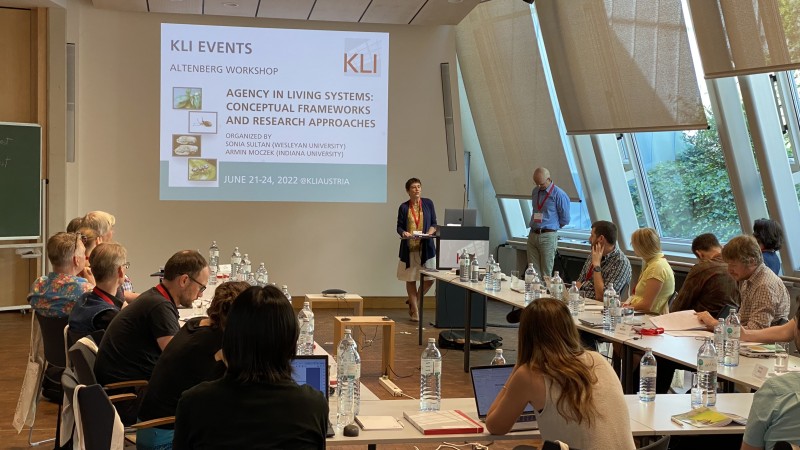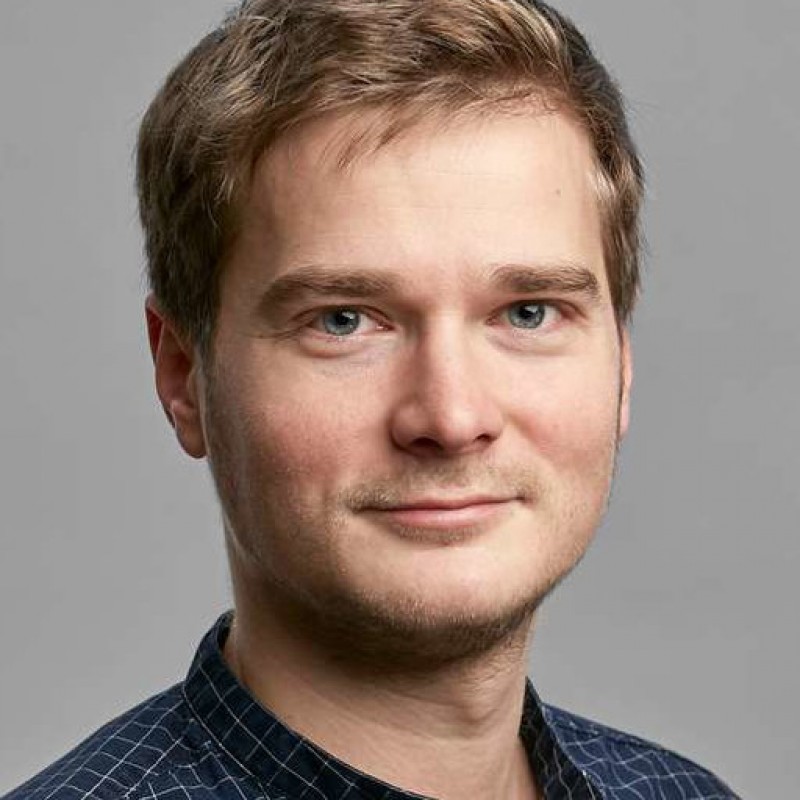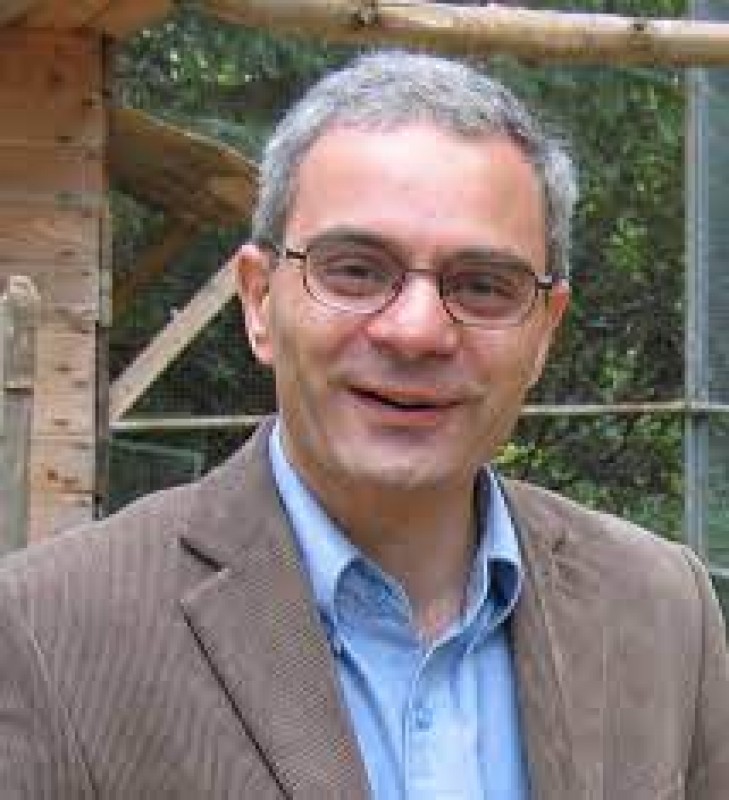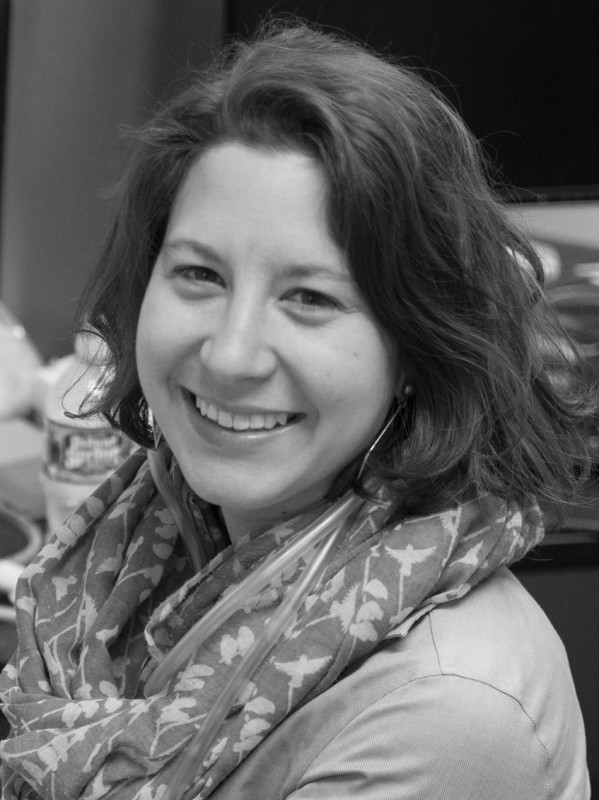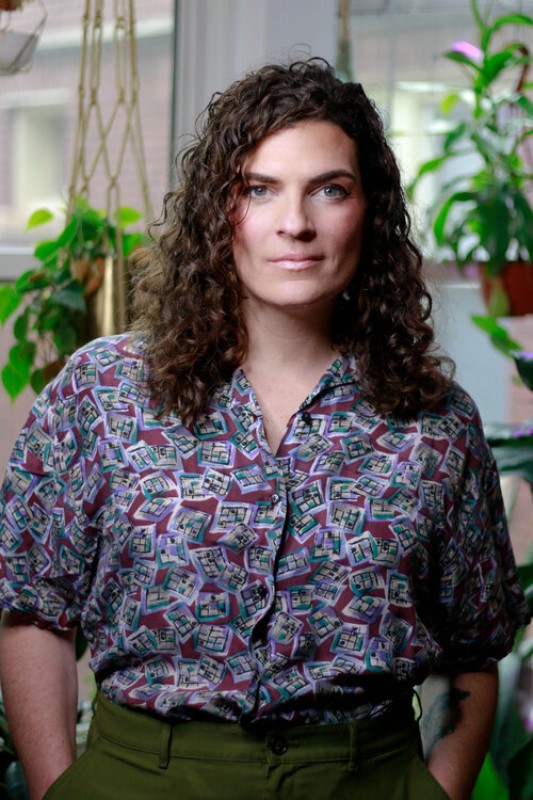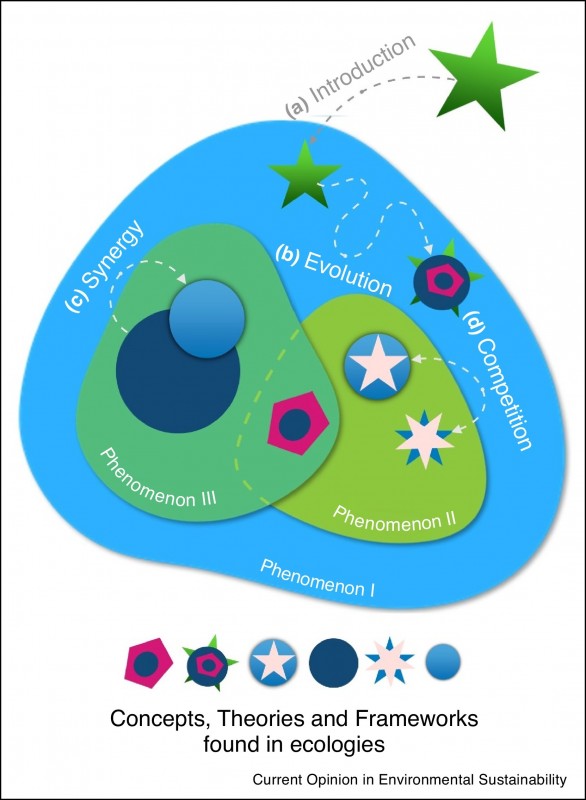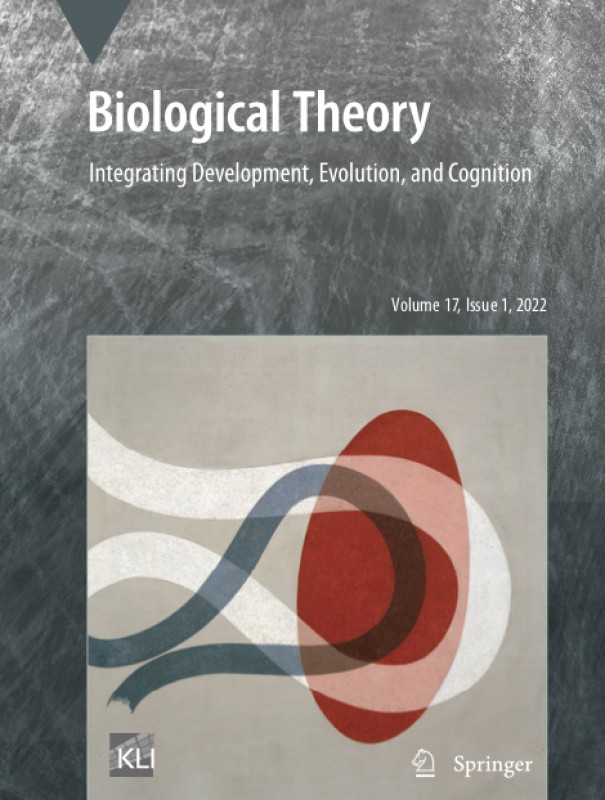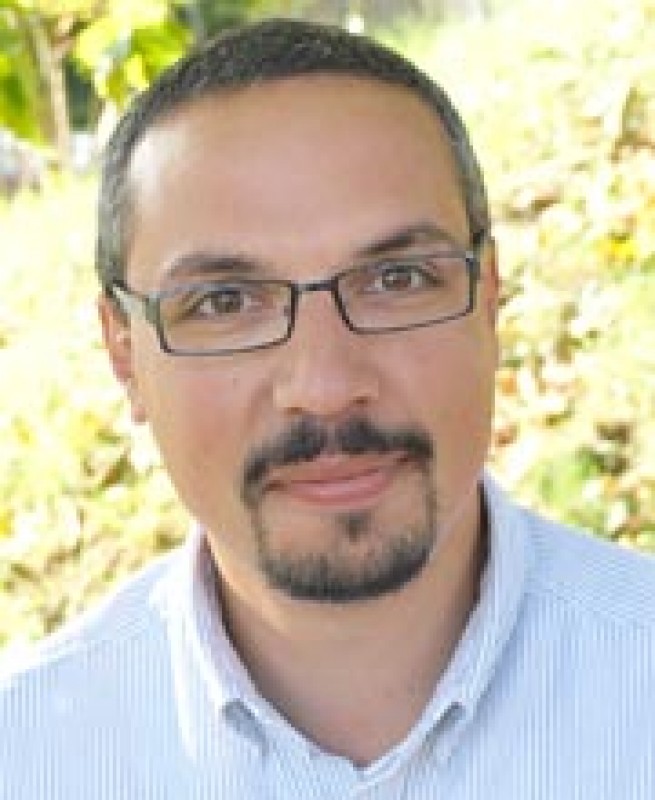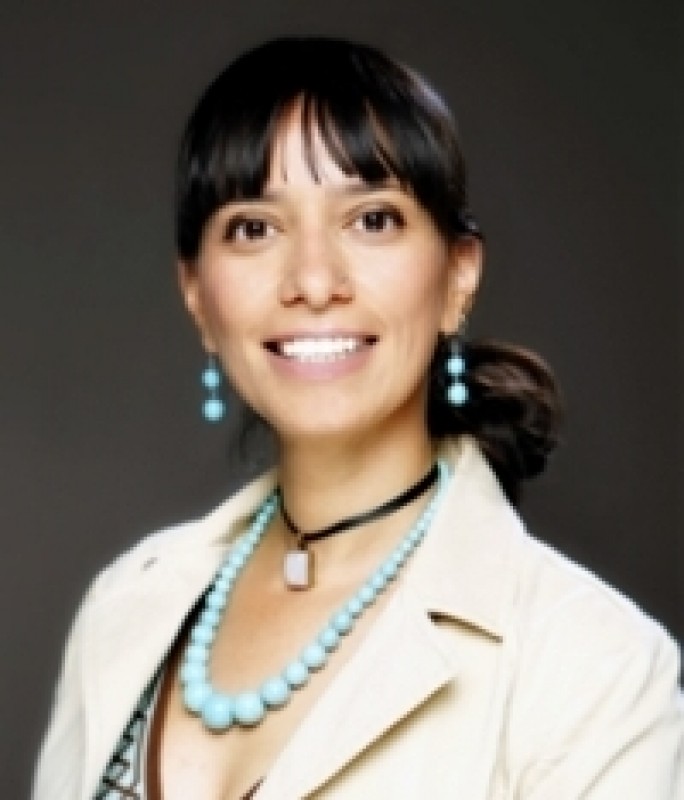News
2022-07-08
KLI at EuroEvoDevo 2022, Naples
The KLI was present as both a sponsor and as attendees, with fellows and faculty presenting on the historical and philosophical aspects of evo-devo.
2022-07-08
Extending our external faculty!
Roberto Cazzolla Gatti, Kevin Laland, Laura Nuño de la Rosa García are now external faculty of the KLI.
2022-07-07
How can institutional differences across regions promote cross-border innovation spaces?
New study in Sustainability, led by KLI fellow Marina Knickel, argues that hybridizing institutional differences across borders can help promote interregional innovation cooperation.
2022-07-07
Ethnobiological studies should not assume cultural consensus of knowledge
New paper led by KLI fellow Vitor Renck, found very little consensus in the way a fishing community classified fishes.
2022-07-07
A case for empirical philosophy of science in practice
How can philosophers work with scientists? Can philosophy be empirical? In two new papers, KLI fellow Luana Poliseli defends empirical methods in philosophy and reports on how they collaborated with ecologists to discuss mechanistic explanations in ecology.
2022-06-26
Das soziale Gehirn (GERMAN!)
Isabella SARTO-JACKSON (KLI), 30. Juni 2022, 15.00 Uhr. Präsenzveranstaltung – Buchpräsentation am KLI, Martinstraße 12, 3400 Klosterneuburg
2022-06-24
The 39th Altenberg Workshop: Agency in Living Systems
The "Agency in Living Systems: Conceptual Frameworks and Research Approaches" Altenberg workshop was co-organized by Sonia Sultan and Armin Moczek as part of their "Agency in Living Systems" project.
2022-06-07
First meeting of the KLI working group: Evolutionary Theory for Social-Ecological Change
Members of the working group organized their first in-person meeting in March to facilitate understanding across different disciplines, theories, and fields.
2022-05-24
On the Sustainability of Human Niche Construction
Christian DORNINGER (KLI), 2 June 2022, 3.00 pm. To join our colloquium please register with Zoom.
2022-05-05
EDI Matters: How Institutions Reap Tangible Benefits by Investing in Equality, Diversity and Inclusion
Kevin LALAND (University of St. Andrews), 12 May 2022, 3.00 pm. To join our colloquium please register with Zoom.
2022-05-01
Help for Ukraine: Science Alliance for Ukraine
The KLI has been involved in several initiatives supporting researchers affected by the war in Ukraine. We are now reaching out to you to contribute in two possible ways.
2022-04-27
CANCELLED! Why the Empirical and the Ethical Need to Reconsider their Connection
Due to unforeseen circumstances Henrik von WEHRDEN's talk is cancelled!
2022-04-24
Dissecting Female: Towards a Queer Feminist Approach to Research on Sexual Reproduction
Caitlin McDONOUGH-GOLDSTEIN (University of Vienna), 28 April 2022, 3.00 pm. To join our colloquium please register with Zoom.
2022-04-14
Imagining a Post-Climate-Crisis Future
Mika TOSCA (School of the Art Institute of Chicago), 21 April 2022, 4.00 pm. To join our colloquium please register with Zoom.
2022-04-07
Not over yet: KLI publications on the pandemic
In addition to Diversity Lost to Diversity Regained, KLI fellows covered a range of philosophical, social, and ecological issues.
2022-04-07
Why care about theory in sustainability science?
If we want to contribute to sustainability transformations, why should we spend time theorizing? New paper by Schlüter et al. talk about theories as assemblages, spaghetti bowls, and ecologies of theories.
2022-04-05
Hot off the press! Biological Theory’s special issue for March
The special issue, edited by Gaëlle Pontarotti, Antoine C. Dussault, and Francesca Merlin, is a thematic collection on Conceptualizing the Environment in Natural Sciences.
2022-04-05
Announcing the 2022 Spring-Summer KLI Colloquium
Save the dates! The colloquium series will continue to be available for free and online as a hybrid event.
2022-04-03
The Schismogenic Hypothesis: Conceptualizing Grassroots Sustainability Transformation as a Process of Conscious Self-Determination by Differentiation
Giuseppe FEOLA (Utrecht University), 11 April 2022, 3.00 pm. To join our colloquium please register with Zoom.
2022-04-03
Truth and Verification: Freire’s Dialogical Method
Kim DIAZ (University of Texas, El Paso), 7 April 2022, 3.00 pm. To join our colloquium please register with Zoom.


